What is plantain?
In Oriental medicine, the plantain is also known as "ma tien xa", scientific name is Plantago asiatica. Plantain belongs to the group of herbaceous plants, reproducing by branching or by seeds.
Plantain is about 10-15 cm tall, with spoon-shaped leaves and arc-shaped veins. The whole plant is used as medicine, including the stem, roots, and leaves. This plant is cold, has a slightly sweet taste, and is used in many folk remedies to treat frequent urination, diuretics, and many other effects. Plantain can be used fresh or dried and added to traditional oriental medicine to treat diseases.
Chemical composition of plantain
Plantain has many diverse chemical components. It contains vitamin A, rich in calcium, glucoside, vitamin C and K. Plantain seeds also contain mucus, plantenolic acid. These components all have certain benefits for health and support disease treatment.
Based on the pharmacological ingredients in the plantain plant, researchers have found that 100g of plantain leaves will contain:
Phenolic acid.
Iridoid.
Flavonoids include quercetin, apigenin, baicalin...
Mucus.
vitamin A
Calcium.
Vitamin C
Vitamin K.
Glucoside.
Other minerals.
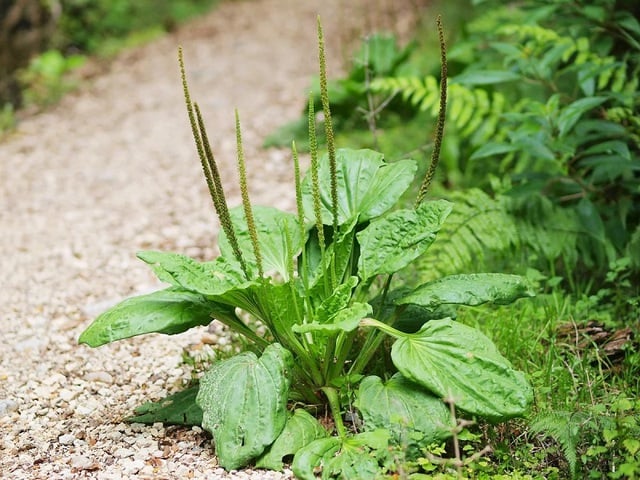
Plantain is cold, slightly sweet, and is used in many folk remedies.
What is the effect of plantain?
In folk medicine, the plantain plant is known as a traditional medicine with many diverse uses for its diuretic, choleretic, anti-inflammatory, expectorant, antitussive, and dysentery-reducing functions. This herb is also used as a remedy for coughs, bronchitis, expectorant, nephritis, cystitis, urinary stones, hepatitis, and duodenal ulcers.
In addition, the active ingredients in plantain also help:
Reduce inflammation in the body: Plantain contains compounds such as flavonoids, terpenoids, glycosides and tannins that can reduce inflammatory responses by reducing the levels of pro-inflammatory cytokines and producing glucocorticoids in tissues. In addition, plantain seeds are currently being developed into anti-cancer and anti-inflammatory products.
Helps wounds heal quickly: Plantain is also used to heal wounds. From its anti-inflammatory benefits, it prevents the growth of bacteria and reduces pain. Therefore, it helps shorten the wound healing process.
Improves digestive health: In a study in mice to test the plant's ability to inhibit ulcers, researchers found that the plant also inhibited gastric acid secretion and increased factors to protect the mucosa.
Medicinal remedies from plantain
According to Oriental medicine, because the plant is cool, sweet and non-toxic, it is commonly used to nourish the liver, kidneys or esophagus. In addition, the plant also has anti-inflammatory, expectorant and cough-relieving properties.
Below are some medicinal recipes from the plantain plant that readers can refer to:
Treat diarrhea
Because the plant contains substances such as mucilage, polysaccharides and saponins that can fight bacteria that cause diarrhea and soothe the digestive tract mucosa. Therefore, the three remedies below can be applied to improve the condition.
12g each of Plantago, Poria, Pork Ganoderma, Codonopsis, Basil with 2g of Dendrobium and boil into water for use.
16g of Plantago combined with 10g of Hawthorn and boil into a drink.
Mix 3-6g of plantain powder with white porridge, add a little sugar and drink.
Treats edema and diarrhea with fever, cough and vomiting
Use equal amounts of plantain seeds and coix seeds, then grind into powder and drink 10g each time, about 30g per day.
Diuretic medicine
For diuretic medicine, you can apply the formula combining 10g of Plantago seeds and 2g of licorice. Then, boil from 600ml until 200ml remains, then it can be used. At the same time, you should divide it into 3 times a day to feel the most obvious improvement.
Treat nosebleeds
Use fresh plantain seeds, wash with warm water, crush and squeeze to get the juice to drink. Or you can use plantain seeds to apply on the forehead and lie on your back to stop the bleeding.
Hair loss treatment
For hair loss treatment, you can use dried plantain, then burn it into charcoal, mix it with vinegar and soak it for about a week. After soaking, apply the mixture to the area where hair loss occurs frequently. In addition, you should adopt the habit of getting enough sleep, limiting staying up too late and eating regularly for better results.
Treatment of difficult urination and heat in the elderly
Use 1 cup of psyllium seeds (about 50ml), put them in a bag and boil to get the water to drink. Besides, you can also use this water to cook porridge and eat with millet.
Treatment of bloody and purulent dysentery
Combine the medicine from plantain, hairy vine and chicken grass with a dosage of 20g each and boil to drink. In addition, if you experience more severe symptoms such as prolonged high fever, body weakness, you should go to the nearest hospital for thorough treatment.
External medicine for burns
With the formula from 100% concentrated plantain decoction (including 100ml corresponding to 100g of dry plantain), mix well with 50g of lanolin and 50g of paraffin. After getting the mixture, apply this ointment on the burn, then bandage the wound.
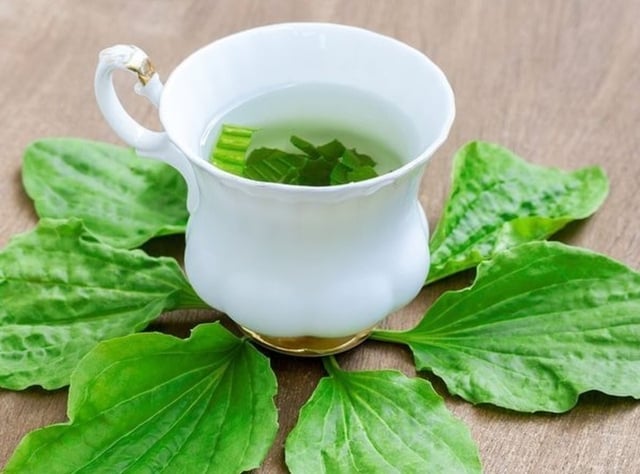
According to experts, you should not use plantain without consulting a doctor or oriental medicine practitioner.
Does using plantain cause side effects?
Although plantain has many health benefits, it can also cause some side effects if used improperly. Here are some side effects of plantain to note:
- Dehydration, electrolyte loss.
- Tired.
- Dizzy.
- Cramps.
- Nausea.
- Diarrhea.
- Red rash, swelling.
- Shortness of breath.
- Interactions with drugs (eg diuretics, antihypertensives, anticoagulants,...).
Things to note when using plantain
The recommended dosage of plantain is 10-16g if using the whole plant, 6-12g for seeds and used in decoction form. In addition, to ensure health safety, according to experts, this herb should not be used to make drinks without consulting a doctor or oriental medicine practitioner.
Avoid using plantain at night because it can cause frequent urination at night, affecting sleep.
There is not enough evidence about the safety of psyllium for pregnant and breastfeeding women, so it is best to avoid using psyllium during this period.
Use fresh plantain or dry it in the shade, avoid direct sunlight.
Do not use moldy or damaged code.
Do not use plantain as a tea or more than 30g per day.
People with a history of kidney stones or gallstones should also not use Plantago.
If you experience any side effects, stop using the plant and go to the nearest medical facility for treatment.
Source: https://giadinh.suckhoedoisong.vn/cay-co-dai-moc-khap-noi-nhung-it-nguoi-biet-la-thuoc-tri-duoc-nhieu-benh-17224100715051189.htm


![[Photo] General Secretary concludes visit to Azerbaijan, departs for visit to Russian Federation](https://vphoto.vietnam.vn/thumb/1200x675/vietnam/resource/IMAGE/2025/5/8/7a135ad280314b66917ad278ce0e26fa)
![[Photo] Prime Minister Pham Minh Chinh meets with the Policy Advisory Council on Private Economic Development](https://vphoto.vietnam.vn/thumb/1200x675/vietnam/resource/IMAGE/2025/5/8/387da60b85cc489ab2aed8442fc3b14a)
![[Photo] National Assembly Chairman Tran Thanh Man chairs the meeting of the Subcommittee on Documents of the First National Assembly Party Congress](https://vphoto.vietnam.vn/thumb/1200x675/vietnam/resource/IMAGE/2025/5/8/72b19a73d94a4affab411fd8c87f4f8d)
![[Photo] General Secretary To Lam begins official visit to Russia and attends the 80th Anniversary of Victory over Fascism](https://vphoto.vietnam.vn/thumb/1200x675/vietnam/resource/IMAGE/2025/5/8/5d2566d7f67d4a1e9b88bc677831ec9d)
![[Photo] President Luong Cuong presents the decision to appoint Deputy Head of the Office of the President](https://vphoto.vietnam.vn/thumb/1200x675/vietnam/resource/IMAGE/2025/5/8/501f8ee192f3476ab9f7579c57b423ad)



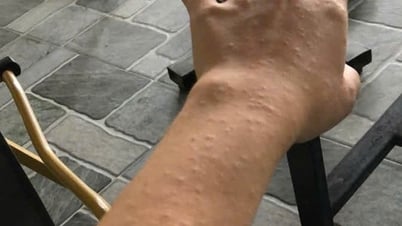




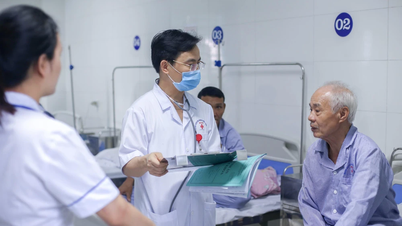






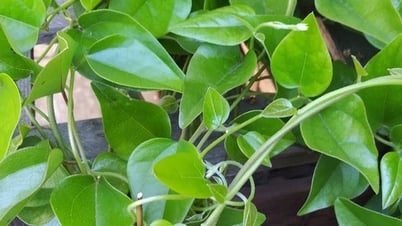




































![[Photo] Prime Minister Pham Minh Chinh talks on the phone with Singaporean Prime Minister Lawrence Wong](https://vphoto.vietnam.vn/thumb/402x226/vietnam/resource/IMAGE/2025/5/8/e2eab082d9bc4fc4a360b28fa0ab94de)












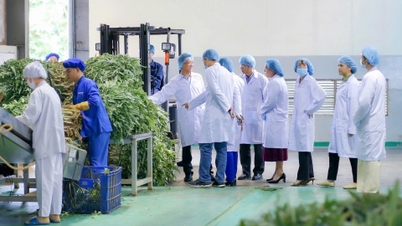


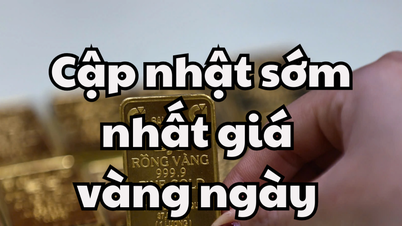




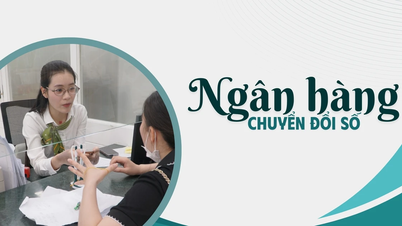













Comment (0)